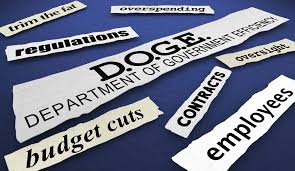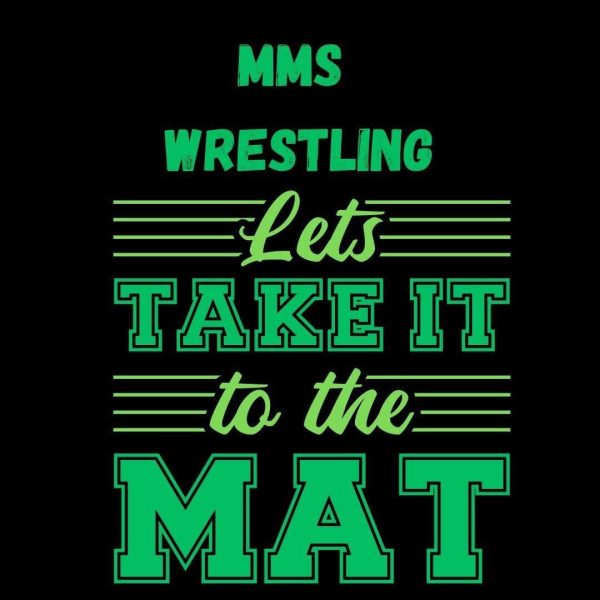Is Home Schooling Better than Public School?
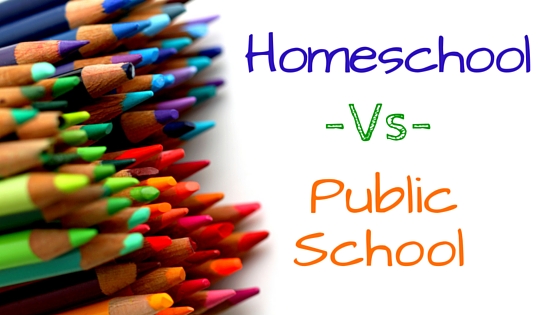
Many kids might dream of getting home schooled. Who wouldn’t want to learn self-paced and in the comforts of home? But there are pros and cons to both the home schooling and traditional schooling experiences.
To start, at public schools students interact with each other. They form strong bonds and become very close to one another. Students learn to follow a routine, take turns, and work in groups. Home schooling also doesn’t provide clubs or sports. When a student is in an activity outside of school work, he/she gets experience with communication skills that they will definitely need as a grown-up. Those who home school miss out on these non-academic learning experiences and friendships with similar-aged peers unless parents seek them out specifically through home-school partnerships and groups or community recreation programs.
Another difficulty with homeschooling is that it puts a lot of responsibility on the parent. Most children who get home schooled have their parents teach them. This could put a lot of stress on parents. They have to teach four or more subjects every single weekday. As students get older and subjects get more complex (such as biology, chemistry, or calculus), parents must be knowledgeable in order to teach or assist.
Getting home schooled by a parent also can break bonds or put strain on parent-child relationships. Children can get really frustrated and this can make parents and their kids grow apart. Adding the roles of teacher and disciplinarian to the role of parent can be problematic.
Since parents must facilitate student learning, home schooling is simply not an option for a majority of families. Many families need the incomes of both parents–making a free public education the most popular option.
Without fees to pay for public schools, one might think getting home schooled is cheaper. (No more having to pay for sport uniforms or hot lunches. No more paying for field trips or donating to fundraisers.) But no, when parents dedicate time to teach their children, they have to give up a job. A job that pays, which means one less paycheck to pay for necessities. Also, the burden of buying books, craft materials, online resources, and other supplies falls on the parent.
But, traditional schooling has its negatives. For example, some might cite bullying as a con of attending public schools. But students can also be bullied in home-school computer programs. Sometimes it’s even worse. Since many home-school programs are used all around the country, students might feel that they can say anything because they’re behind a screen. That means these comments can be much more vicious. And unlike traditional school, there is not as clear a path of disciplinary action and consequences.
Another disadvantage of public school is a lack of flexibility with scheduling. Breaks and summer vacation are pre-determined, which limits the possibility of traveling. The school day is also inflexible, which doesn’t leave time for day trips or for aligning to parent work schedules.
Additionally, the curriculum and pace of traditional schools is already set. Even though teachers and school systems try to differentiate some, most students are exposed to the same information and the same way of teaching it. Getting home schooled, on the other hand, lets students work at their own pace and emphasize their own interests. Gifted kids can go as fast as their abilities allow, and kids that usually need more help and time can work as slowly as they want. Public schools have often been criticized for teaching to the middle–leaving the gifted children bored and the slower children struggling to keep up.
As s result of individualized pacing and attention, home school test scores are usually better than those of public schools. As shown on the graph below, home schooled students rank, on average, in the 80th percentile or higher.
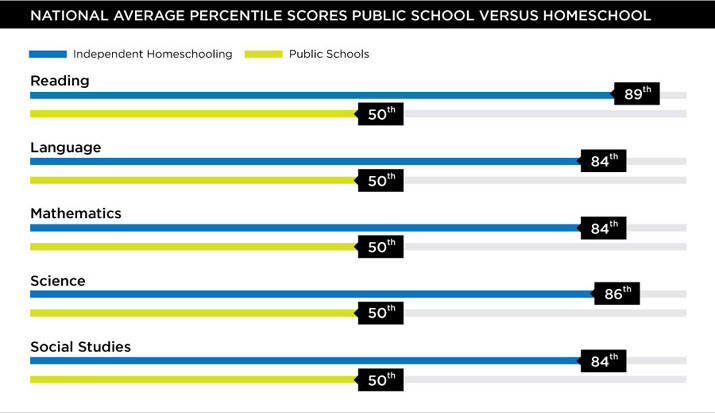
Fourteen-year-old Bianca Bruno recently began being home schooled. She uses an online computer program called K12. She stated, “I can work at a pace I feel comfortable with instead of rushing, and there’s no distractions.” But despite this, she did say that if given the choice between the two options, she’s choose to return to public school. “I miss all my friends… I miss choosing groups with my friends,” she responded. 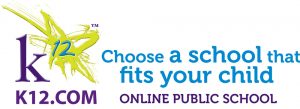
So which is better? Home schooling or public schools? It depends on the kid and the family. Whichever option is chosen, things will be gained, and others will be sacrificed.




